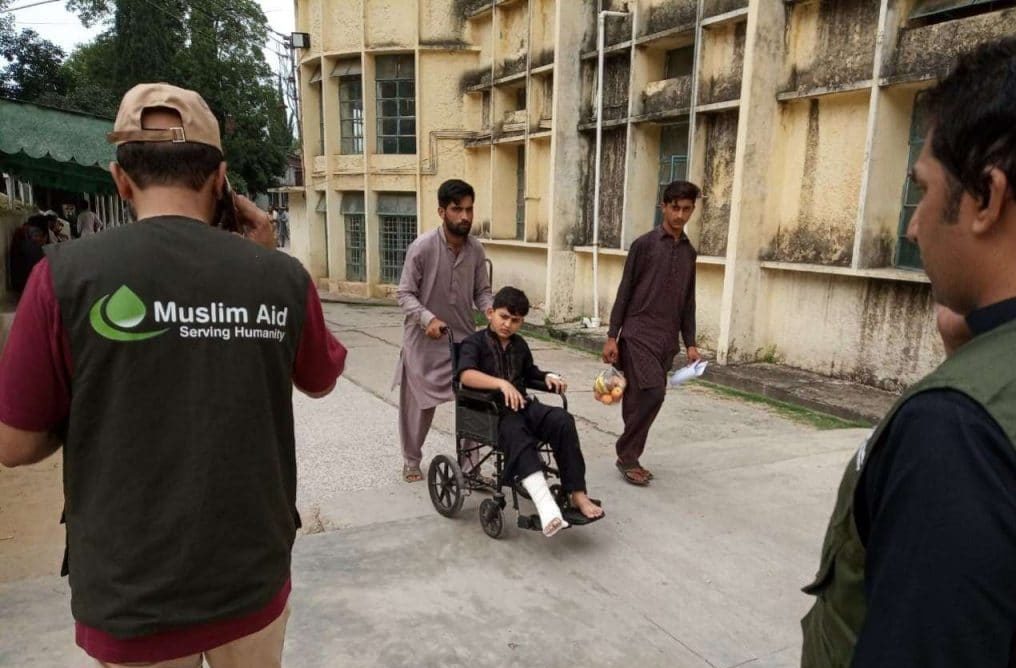
The United Nation’s Agenda 2030 – setting the 17 Sustainable Development Goals (SDGs) – calls for new, global partnerships for sustainable development, and recognises the significance of including private and public, secular and religious actors.
Actors who have earlier been sceptical of universalist agendas (such as human rights), including Muslim humanitarian actors, are endorsing Agenda 2030. The SDGs thus appear to have broader acceptance than did earlier global agendas.
In order to take the global partnership for development seriously, it is vital to understand this rapidly changing humanitarian landscape and how the whole range of humanitarian actors are working.
This project sets out to understand how Muslim humanitarian actors relate to, interpret and respond to the SDGs, focusing on SDG 4 (education), SDG 5 (gender equality) and SDG 17 (global partnerships). The project will shed light on often unspoken differences in ideas, norms and values that underlie humanitarian operations, policies and practices. This is done through a focus on Muslim humanitarian actors’ work with 1) humanitarian relief; 2) education; and 3) gender equality.
In six interconnected case studies, the project will juxtapose global and local perspectives. At the global level, the project focuses on (i) intergovernmental Islamic organizations, (ii) international Muslim NGOs, and (iii) organised Muslim philanthropic initiatives. At the local level, the project focuses on three case studies of Muslim humanitarian actors in (iv) Indonesia, (v) Nigeria and (vi) Pakistan.
Led by the Peace Research Institute Oslo (PRIO), this project is a collaborative effort between researchers in Norway, Indonesia, Nigeria and Pakistan. It will produce new empirical data through case studies, based on interviews, observation and document analysis, and will stimulate North-South and South-South co-creation of knowledge.
The project will contribute new knowledge about an increasingly important set of humanitarian actors, provide concrete insights into challenges and opportunities in the implementation of the SDGs, and further the emerging research agenda on new humanitarian actors.